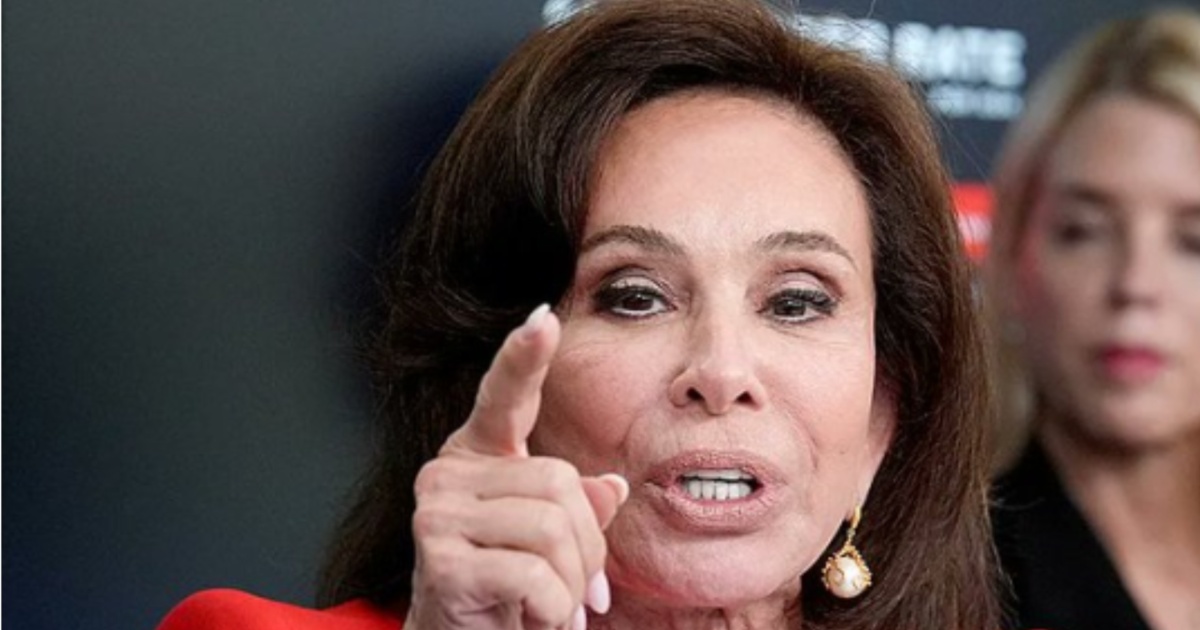Jeanine Pirro’s rough autumn in Washington just got worse. A D.C. jury on Thursday acquitted Sidney Lori Reid of misdemeanor assault on a federal officer, after three separate grand juries had already refused to indict Reid on a felony the U.S. Attorney’s Office kept trying to bring. Jurors were out less than two hours before returning a not-guilty verdict, capping a months-long saga that defense lawyers and scholars say epitomizes an office tilting at weak cases and burning its credibility in the process.
The Reid case wasn’t a one-off. In a blistering hearing earlier this fall, Magistrate Judge Zia Faruqui excoriated Pirro’s prosecutors over a string of “surge” cases tied to President Donald Trump’s law-and-order push in the capital, saying the office was filing matters that “don’t belong in federal court,” needlessly jailing people, and, in his words, had “no credibility left.” The rebuke in the E. Barrett Prettyman courthouse has echoed through subsequent proceedings.
Pirro’s public response to courtroom setbacks has only energized critics. After a grand jury declined to indict a man accused of hurling a sandwich at a federal officer, Pirro suggested D.C. residents were so numb to crime they “don’t even care” whether laws are broken, comments that read to many judges and practitioners as a political broadside, not a sober assessment of evidentiary failure.
The through-line is what scholars call overcharging: stretch the facts to fit the biggest possible crime, then dare a jury to say no. Paul Butler, a Georgetown Law professor, warns that tactic corrodes public trust. “When they throw the book at people for minor crimes… it maps onto a sense that prosecutors are out to lock up everybody they can,” he said recently, arguing that chronic overreach “can destroy public trust” in local prosecutors. Pirro’s recent skid gives that warning fresh teeth.
Inside the courthouse, judges are signaling they’ve had it. Chief U.S. District Judge James Boasberg last week admonished Pirro’s team for unprofessional broadsides at the bench amid a feud with Faruqui over aggressive charging and forum-shopping tactics. Translation: tone it down, follow the rules, and stop lighting fires you can’t put out.
Reid’s acquittal shows how those fires start. Prosecutors tried three times to sell grand jurors on a felony theory stemming from a scuffle during an immigration arrest. Three times, grand jurors said no. Only after the charge was downgraded did the case reach trial, and even then, jurors didn’t buy it. For the defense, assistant federal public defender Tezira Abe framed federal agents on the scene as a “goon squad” who thought they were above the law, and urged jurors to be “livid” the government brought the case at all. The jury’s speed told the rest of the story.
Since taking over as D.C.’s U.S. attorney, Pirro has sought expanded authority to try more teens as adults and doubled down on the Trump-era surge, positions that please hard-liners but collide with grand juries, trial juries, and judges who keep swatting away flimsy charges. The more those cases collapse, the more Pirro’s office looks like it is chasing headlines instead of justice.
Pirro insists the bench is biased and the city soft on crime. But indictments are binary, and so are verdicts.









